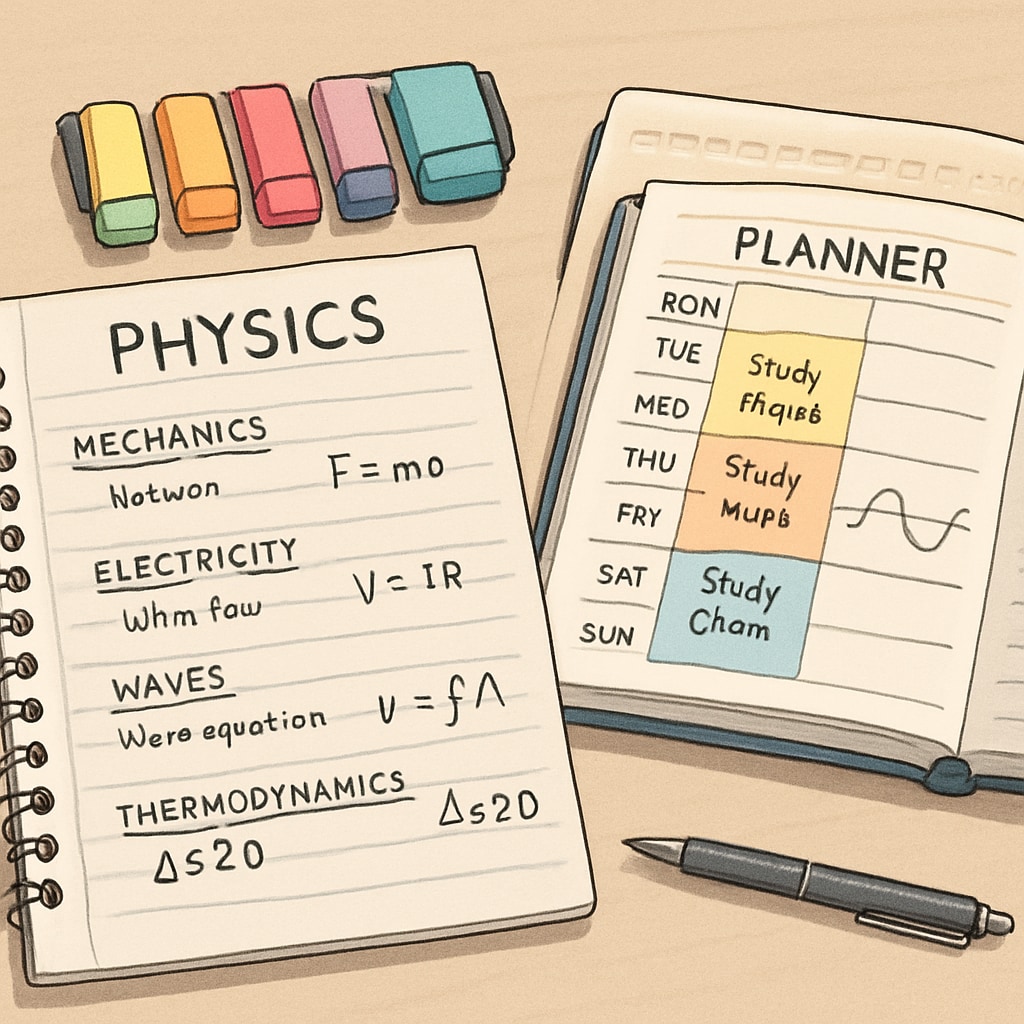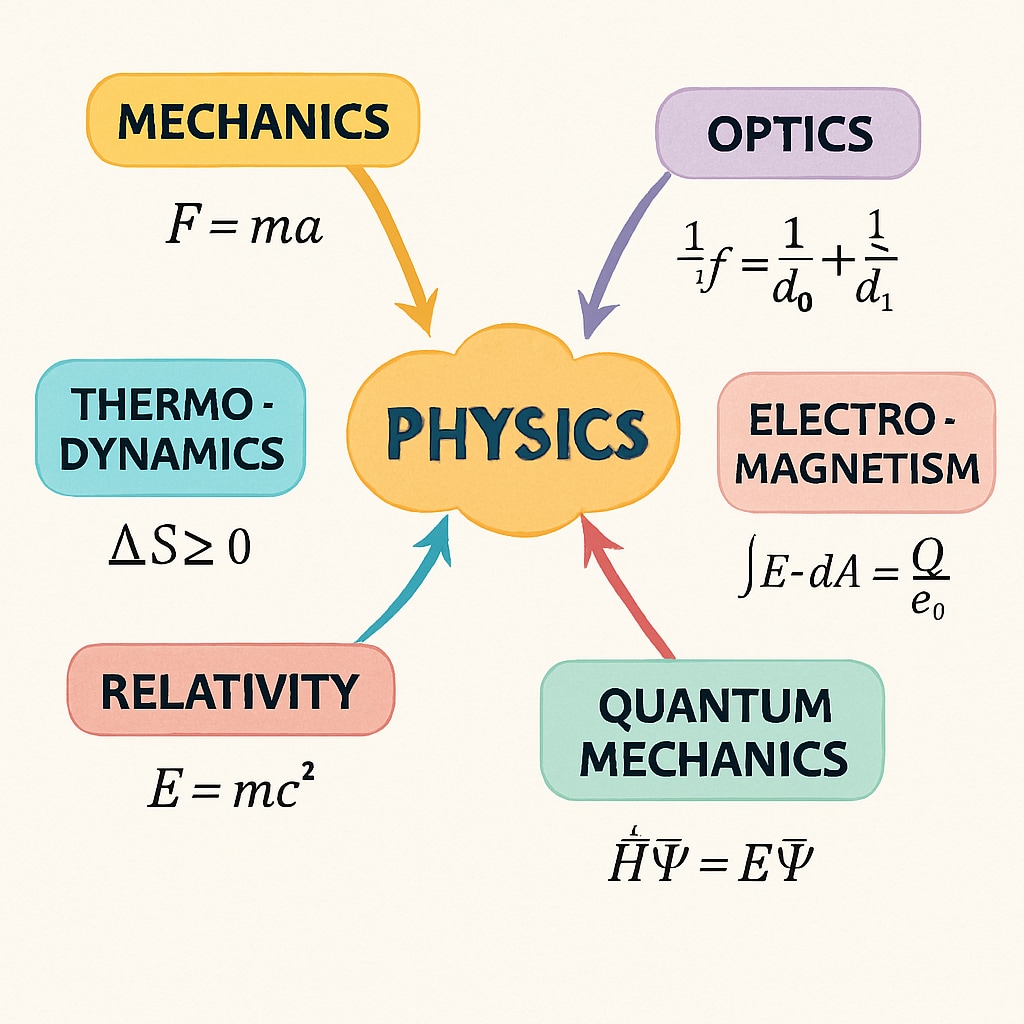For BSc Physics students facing backlogs with limited study time, effective time management becomes the lifeline for academic recovery. This comprehensive guide outlines practical strategies to identify knowledge gaps, prioritize topics, and maximize learning efficiency even under tight deadlines. According to the Time Management principles on Wikipedia, structured approaches can significantly improve learning outcomes.
Diagnosing Your Physics Backlogs Situation
Begin by conducting an honest assessment of your pending subjects and knowledge gaps. Create three categories:
- High-weightage topics with fundamental concepts
- Moderate-difficulty areas needing revision
- Low-priority content that can be briefly reviewed
This triage system helps allocate your limited time effectively. Research from the Encyclopedia Britannica shows physics builds on core principles, making foundational knowledge crucial.

Strategic Time Allocation for Physics Recovery
Divide your available study time using the 50-30-20 rule:
- 50% for active problem-solving (practice numericals and derivations)
- 30% for conceptual understanding (theory and formulas)
- 20% for self-testing and error analysis
This balanced approach ensures comprehensive preparation. Additionally, implement the Pomodoro technique (25-minute focused sessions with 5-minute breaks) to maintain concentration.
High-Yield Learning Techniques for Physics
When dealing with backlogs, certain methods deliver better results:
- Feynman Technique: Explain concepts simply to identify gaps
- Spaced Repetition: Schedule reviews at increasing intervals
- Visual Mapping: Create concept diagrams for complex theories
These methods enhance retention and understanding, crucial for physics subjects with interconnected concepts.

Exam-Day Strategies for Backlog Papers
When sitting for multiple backlog exams, apply these tactics:
- Start with questions you’re most confident about
- Allocate time per question based on marks
- Present derivations step-by-step for partial credit
Remember, even with limited preparation, strategic answering can significantly improve scores. Maintain a positive mindset throughout the exam period.
Implementation tip: Create a weekly tracker to monitor progress across different physics topics. Celebrate small victories to stay motivated during this intensive study period.


